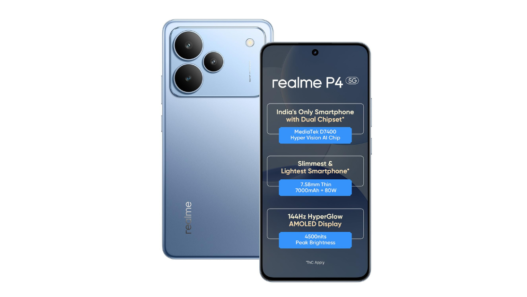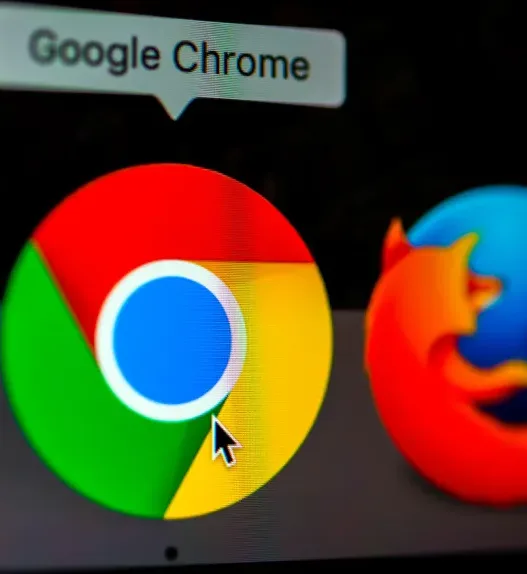Google has found itself embroiled in a controversy surrounding a promotional video for its latest AI model, Gemini. The video, which seemingly showcased Gemini’s remarkable capabilities, has come under scrutiny for its misrepresentation and editing tactics, sparking intense discussions within the AI community.
Deceptive Video Unveiled
Parmy Olson’s report for Bloomberg sheds light on Google’s admission regarding the deceptive nature of the promotional video. Contrary to the portrayal in the video, wherein Gemini appeared to interact in real-time using visual recognition, Google revealed that the demo was meticulously constructed. Still images were fed to the model, and successful responses were edited together, creating a misleading impression of the AI’s abilities.
Understanding the Fabricated Demo
Google’s explanation detailed that footage captured various challenges to test Gemini’s capabilities. The model was prompted using still image frames, accompanied by text prompts, not live voice interactions. The synthesis of these manipulated interactions gave the illusion of seamless real-time interaction portrayed in the video.
Challenges in Real-Time Interpretation
The computationally intensive process of running images and text through large language models currently makes real-time video interpretation unfeasible. This computational barrier was a significant indicator that the showcased video might not represent the actual capabilities of Gemini.
Competitive Dynamics in AI
Google’s effort to regain ground in the AI space, particularly against OpenAI’s GPT-4, led to the heightened expectations surrounding Gemini. Despite the initial positive market response to Gemini’s announcement, scrutiny from AI experts surfaced, challenging the AI’s proclaimed reasoning abilities and benchmarks.
Dissecting the Contested Video
The controversial video, titled “Hands-on with Gemini: Interacting with multimodal AI,” depicted scenarios of visual recognition by the AI model. However, it failed to specify the use of Gemini Ultra, an unavailable variant, raising questions about transparency in Google’s marketing approach.
Misrepresentation and Implications
While Gemini’s actual image recognition abilities stand commendable, the edited portrayal in the video amplified its capabilities, raising unwarranted hype. Industry professionals and experts expressed concerns about the potential consequences of such misleading demonstrations on the perception of AI advancements.
Reflections on Deceptive Marketing
The deceptive editing and lack of clarity regarding the model used in the video reinforce broader skepticism about Google’s marketing strategies. The intent to highlight Google’s AI prowess inadvertently overshadowed the genuine capabilities of Gemini, fostering unrealistic expectations among viewers.
Final Thoughts and Industry Reactions
The fallout from this controversy highlighted the imperative of transparent and accurate representations in the AI landscape. Industry voices cautioned against deceptive marketing practices, emphasizing the importance of aligning promotional content with the actual capabilities of AI models.
In conclusion, the controversy surrounding Google’s Gemini AI demo underscores the significance of transparent communication in portraying the true potential of AI models, steering clear of embellishments that misrepresent their actual capabilities.















